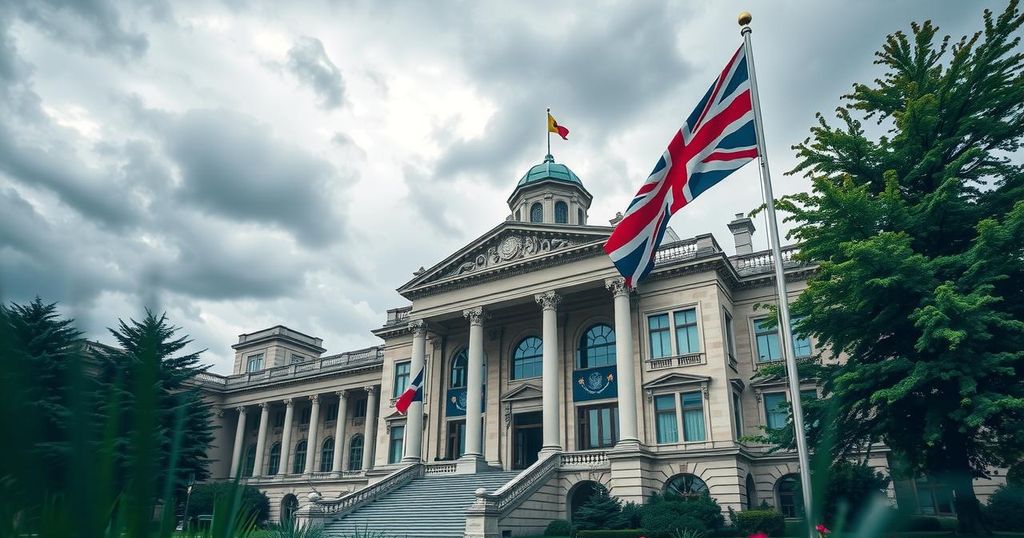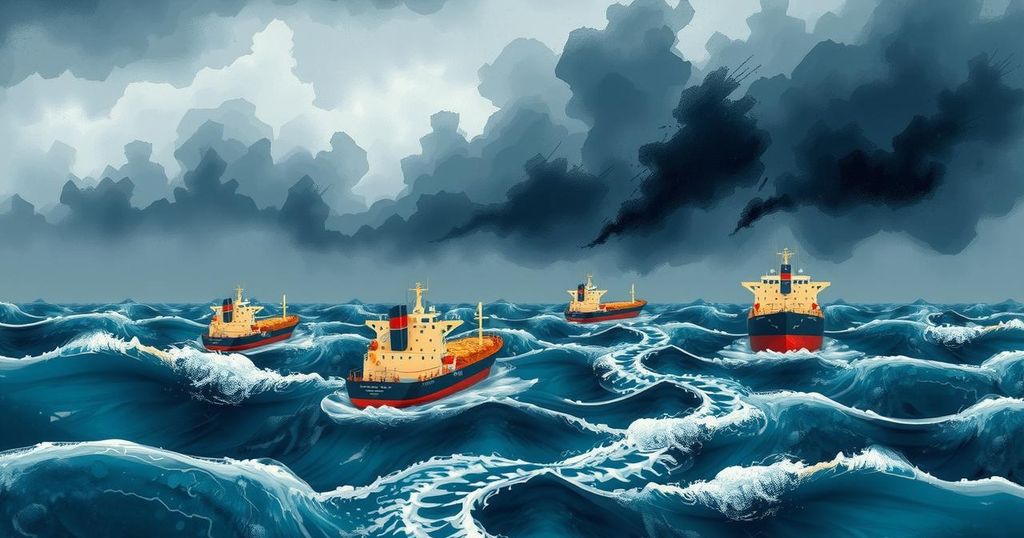Chad Undertakes Elections Amid Opposition Boycotts and Allegations of Fraud
Chad conducted its elections amidst a boycott by opposition groups, framing them as the final step in a transition from military rule. Marshal Mahamat Idriss Itno’s government faces accusations of electoral fraud and manipulation, with significant unrest and skepticism from the populace. The electoral environment is complicated by violence from extremist groups, a media strike, and historical grievances regarding previously postponed elections due to insecurity and health crises.
Chad embarked on a significant electoral process on Sunday, participating in legislative, provincial, and local elections touted by the government as a critical juncture in a political transition following three years of military rule. However, this election is marred by a boycott from opposition figures, thereby enabling candidates aligned with Marshal Mahamat Idriss Itno, who has been in power since a military takeover in 2021.
Opposition leader Succes Masra vehemently criticized the electoral process during a recent Facebook live broadcast, asserting that remaining at home was the better choice regarding participation in this election, due to the systemic issues of electoral dishonesty. He warned that “the fabricated results are already in the computers,” indicating a premeditated manipulation of electoral outcomes.
Allegations of ballot discrepancies have emerged, specifically from the opposition Democratic Party of the Chadian People (PDPT), which reported that over a thousand ballots were missing in the Bongor sub-prefecture. This event underscores fears of fraudulent practices orchestrated by the ruling MPS party.
Despite these concerns, polling stations opened from 6 am to 6 pm to accommodate approximately eight million registered voters, with international observers monitoring the proceedings. Voting commenced with military and police members participating a day prior to the general electorate’s involvement.
The electoral context is fraught with challenges, including violence from jihadist group Boko Haram, the termination of military agreements with France, and accusations against Chad regarding its involvement in the Sudanese conflict. Following the death of long-term ruler Idriss Deby Itno in 2021, his son, Mahamat Idriss Itno, assumed leadership and won a controversial five-year term in May 2023 amid claims of increasingly dictatorial governance.
Chad’s last legislative elections occurred in 2011, with various postponements attributed to security threats, financial limitations, and the global pandemic. This electoral cycle follows a decree that established a transitional parliament in 2021, yet the opposition recalls the violent repression experienced during protests in October 2022.
The electoral landscape has been further complicated by a strike by online journalists protesting against governmental constraints, resulting in a virtual news blackout regarding the elections. Although government efforts have been made to foster enthusiasm for the voting process, most local media abstain from covering election day due to the absence of usual financial support from the government.
Chad has experienced a tumultuous political landscape marked by military rule and dissatisfaction among opposition parties. Following the death of Idriss Deby Itno, the country was led by his son, Mahamat Idriss Itno, who assumed power amid a military coup in 2021. The transitional government has sought to project a return to democratic governance through these elections, although significant portions of the population, particularly opposition groups, contest their legitimacy due to allegations of electoral fraud and governmental repression.
The recent elections in Chad highlight a complex interplay of political transition and opposition dissent following three years of military governance. Despite the government’s portrayal of the elections as a step toward democracy, allegations of electoral fraud and boycotts underscore significant challenges to this narrative. As the country navigates a fragile political environment, the response of Chadian citizens and the international community remains critical to the nation’s democratic aspirations.
Original Source: www.barrons.com




Post Comment